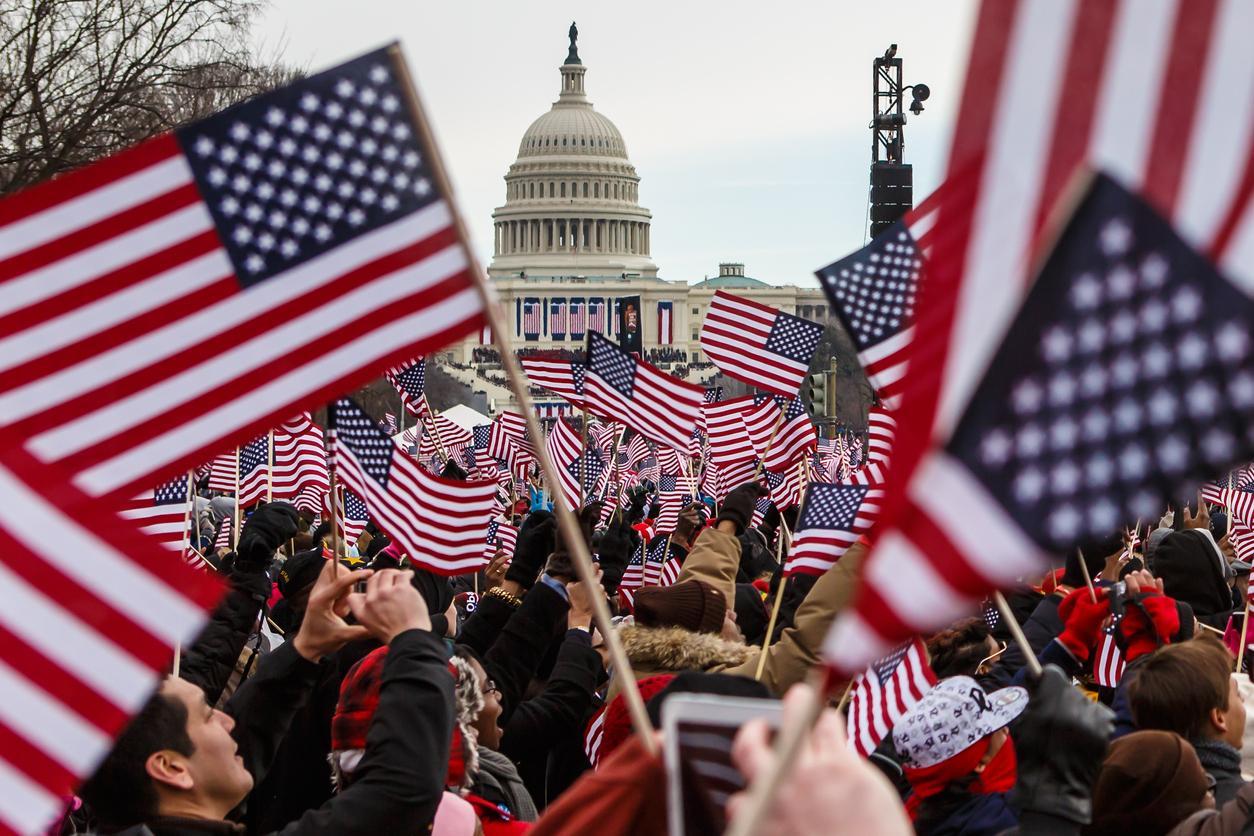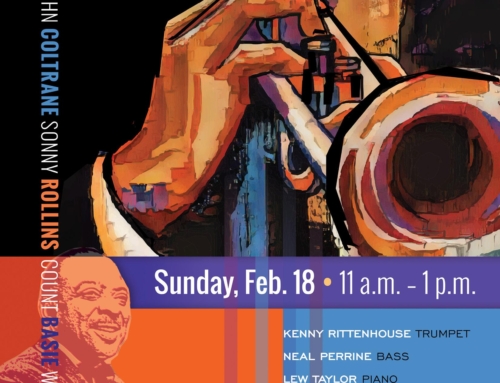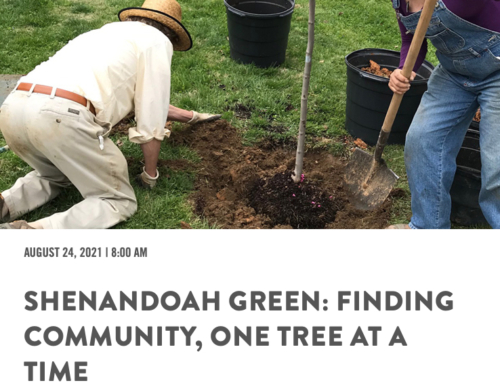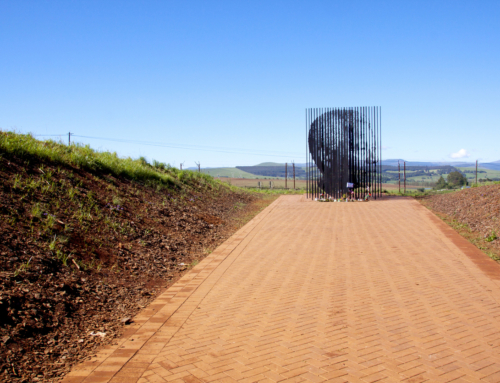State of the Country: 2013
To Bishop William P. DeVeaux, the presiding prelate of the Second Episcopal District of the African Methodist Episcopal Church, to Dr. Pam DeVeaux, our beloved Episcopal Supervisor, Host Presiding Elder Chester Morris and Associate Presiding Elder James P. Beatty, to all the clergy and laypersons assembled, your Committee on the State of the Country presents the following report:
Nature, scope and task
And when we move into the twentieth century, we can see a revolutionary violence, boosted by rational technology which dwarfs the horrors of all earlier ages. —Charles Taylor, A Secular Age
Following a wrenching presidential campaign during which efforts were undertaken to quell voter turn out, during which women were patronized concerning their own health care, and during which immigrants were rebuffed by longer and longer periods of inaction in the law to equitably handle their entreaties for citizenship, voters made their choice in a convincing fashion that left the defeated Republican party in disarray. Barack Obama was reelected to his second term of office as President of the United States of America. His success indicates a rising tide of confidence that government should provide conditions under which the nation’s citizens may prosper and flourish. Though some were shocked by the lopsided outcome the sense of alienation that gripped women, minorities, Latinos and the unemployed left little wonder concerning their definitive vote.
Though our people rejoiced in the re-election of Barack Obama many progressive commentators began to question the president’s use of predator drones in the “war on terrorism.” Even as the wars now being prosecuted after more than a decade wind to their bloody close the employment of drone strikes gives pause over appropriate authority for the decisions taken to target enemy combatants, especially when the combatant is an American citizen. Others wonder about the collateral damage these strikes engender and the possible violation of human rights they betoken. What ethic legitimizes a method of lethal engagement so depersonalized?
Still, we note that explosives in far away lands send our troops home again dismembered in many cases, psychologically bereft in others and, as has been the case in too many instances, mortally wounded. Families grieve the dead and wrestle to recover some sense of normalcy after injuries have irrevocably altered a veteran’s life plan. Too many of our veterans now wait an unconscionable amount of time to receive the government services they had been promised, services intended to assist them in dealing with the shock and trauma of war.
Sadly, we report that the ever heightening escalation of gun violence in our nation’s cities, churches, movie theatres, clinics and elementary schools continue to alarm people of conscience everywhere. So much so is this the case that more than 90% of the electorate nationwide has expressed its commitment for legislation that requires stiffer background checks for gun purchases. A smaller but robust percentage favors restrictions on the possession of large magazine clips and assault weapons that have the exclusive purpose of killing and maiming people in great numbers quickly.
However, Congress has neglected its role of just representation by rejecting sensible proposals aimed at making our cities safer, our schools more secure, and our churches, theatres and stadiums inviolate venues for worship and play. Members of Congress instead cower before the National Rifle Association in an abject display of political cowardice.
The nation is at a crossroad that snaps us to attention in consideration of the second amendment provision for the right to gun ownership and the just complaint of the injured that he right to bear arms shoulders too little regard for one’s obligations in relation to the needs of one’s fellows to live free of molestation and random gunfire.
We hasten to add to our report the deepening concern of thoughtful citizens and church members over jobs and the escalating pressures upon education to meet the challenges of preparing our young people for an increasingly competitive worldwide marketplace.
Process and data gathering
The recent investigation undertaken now nearly three weeks ago to discover the identities of those responsible for the bombing in Boston is an exemplary instance of “data gathering.” Authorities solicited videos, pictures and other forms of imaging from a variety of sources, including private citizens, in an effort to unmask the parties responsible for the makeshift bombs that broke the festive spell of Boston’s annual celebration. We observe with wry wonder that the internet’s instrumental function makes it equally accessible to those who would make bombs and those who would apprehend and disarm bomb makers.
As we have in years past, our committee has attended to the growing influence of social media as a form of instantaneous communication. Its clipped and insipid prose reveals a shallow basis on which to construct genuine relationships. Its photographic imaging replaces the lived moment and subverts spontaneity in favor of inauthentic poses. Nevertheless, there can be no gainsaying the illimitable value of the universal witness social media portends. Our ambivalence notwithstanding we have accessed the new technologies along with more traditional forms of communication one expects from books, articles and documentaries.
Findings
I. Political gamesmanship has undermined the effectiveness of democratic self- rule. Indeed, governing has rarely appeared more feckless, petty and shortsighted. In the wake of the last presidential election one would expect the losing party to conduct its soul searching with an eye toward alignments in keeping with the changing temper of the times. Republicans have “doubled down” and retrenched with policies that will enflame constituencies or every kind. Candidates who think racial and ethnic epithets are harmless and murdered children are props will soon find private life rather than public service is the sole option for expressions of intolerance and insensitivity.
II. Modern warfare has made battle lines obscure. The transgression of national borders with remotely controlled drones exacerbates our fragile relations with sovereign states. The wrangle among those who applaud their stealthy efficiency and those who descry their antiseptic lethality requires we take seriously the ethical import of self-defense weighed against the human rights of the alien non-combatant. Thoughtful observers foresee abuses of power in the use of these new weapons that portend a future where privacy vanishes and security becomes a pretext for liquidation without due process. The Obama administration is at pains to forestall a broadening of inquiry into its use of these weapons but may not do so indefinitely.
III. Veterans of foreign wars made enormous sacrifices on behalf of their country and their countrymen. Their inability to make the re-adjustments to civil life is underscored by the ever-increasing numbers among them of suicides. Treatment of wartime, incurred afflictions has never been more essential than it is for our daughters and sons returning after multiple deployments to hostile and arid lands. A sluggish beauracracy deepens the wounds of veterans and curtails their hopes for recovery. A nation improperly disposed to the care of those who sacrifice the most on her behalf cannot merit the ultimate measure of devotion.
IV. Gun violence reached such a pitch in the past year alone that following the horror of Newtown President Obama issued a rallying call for gun legislation to curb the likelihood of guns falling into the hands of terrorists, criminals and the mentally disturbed. He had suggested that the country was poised to change its habits and its culture relative to guns and their ready availability to the least responsible among us. In the ensuing debates that followed, the NRA influenced legislators away from benign regulation toward benign neglect of the matter altogether. The vast majority of Americans were incredulous that a single special interest organization had so much power over whether lawmakers enacted new law or failed to do so, even when the duties of public service seemed most to demand it. The public good grows more distant with each passing day that more and more of the innocent are slain by people wielding guns.
V. The bombing of Boston’s annual marathon exposed the quickening fever for quick and facile solutions to complicated problems. Immigration reform, a noble and worthy public concern, has fallen into suspension yet once more. Attention has turned instead to additional restrictions on persons who arouse suspicion because of their religion or because of their national and ethnic origins. Muslims are painted with a broad brush that oversimplifies Islam and characterizes every Muslim as a jihadist. The deadly mix of our discourse with race most recently even suggested that to be Muslim was to be nonwhite. Racial scapegoating is an enduring stain upon American practice and it has reared its ugly head once more in the profiling that makes a beggar of human intelligence.
Goals and objectives
Our committee would propose the following goals for our nation’s people of faith.
- To practice the larger responsibilities of citizenship in the public sphere. If those eligible to vote are unregistered we must insure they become registered. They must be encouraged to actively pursue their interests with civic zeal and an uncommon devotion to the good of all.
- To exercise critical moral acuity in the government’s use of instruments of death against the nation’s adversaries. Though our enemies may not be permitted to injure, harm or kill Americans we must keep ever in view the misapplication of unjust means to secure just ends. Just what is the moral consequence of the harm we do to those we never see and never understand?
- To keep the trust we owe our veterans by providing the services that restore them to their families and communities with dignity and honor. If we have taught them to kill for their country the least we can do is to teach them to live for it instead.
- To insist that the effort to reform gun legislation not be forsaken. If legislators have ignored the overwhelming public sentiment on this score they should feel the wrath of the electorate at the next mid-term elections.
- Greater sensitivity concerning the pattern of human motivation helps us to tailor policy recommendations that improve the lives of our people and enlivens our relations with foreign powers. Religion’s powers to shape our world-view and to foster practices, both evil and redemptive, command our best effort to disarm the enemy in the direction of peace making.
- To become active partners with school districts on behalf of the education of our children. Our church must help solve problems associated with properly equipping our young for rewarding employment. In our knowledge-based economy, education has become the new currency. Gone are the days when a person could expect to enter the work force and make a decent living without education beyond high school. Everyone will not acquire a four-year degree, but everyone must have some skill, training or professional acumen to offer employers.
- We must think creatively about the coalitions we form with like-minded organizations to foster greater opportunity for employment. The unemployment rate for young blacks particularly is a national scandal.







